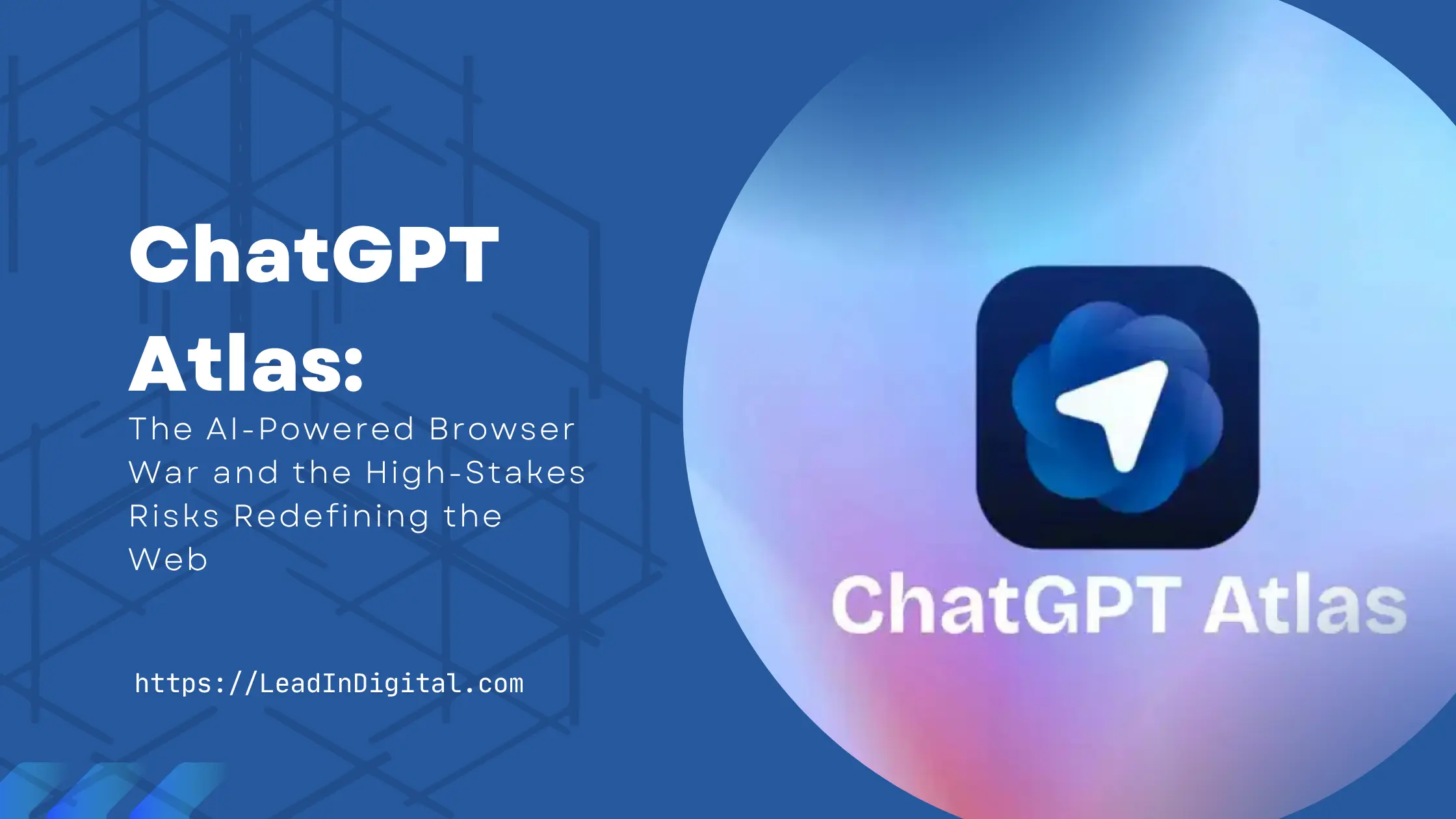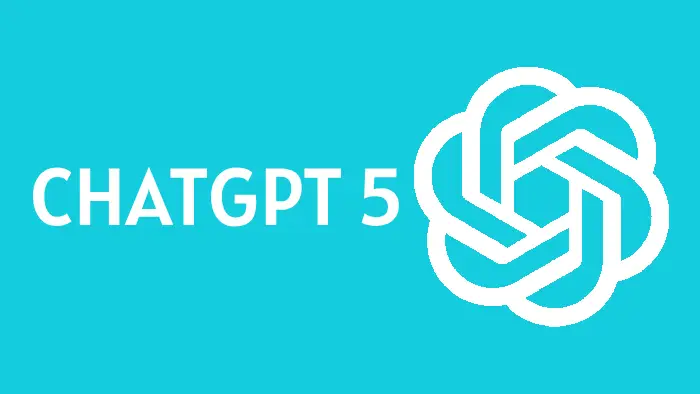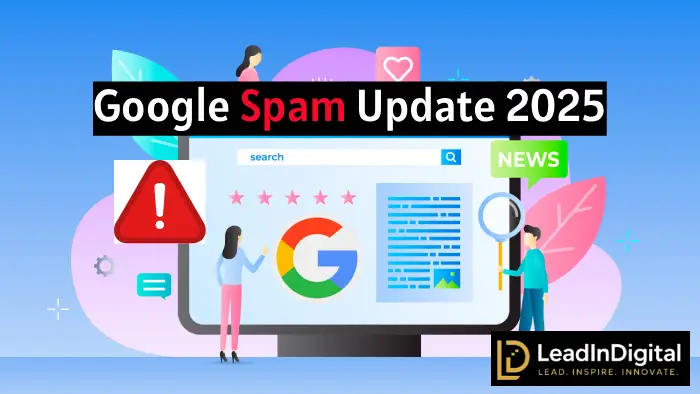
Core Features: Atlas vs. other browsers
OpenAI’s Atlas is not just a browser. It’s an AI in-built platform with capabilities that challenge Google Chrome’s Gemini integration, Microsoft Edge’s Copilot Pro, and Perplexity’s Comet.
Key Innovations:
Agent Mode: This is most disruptive feature, this lets Atlas autonomously perform complex multi-step tasks such as booking travel, making purchases, or compiling research on behalf of paid subscribers.
ChatGPT Sidebar: A persistent, context aware sidebar for summarizing, analyzing, comparing products, or editing text inline on any website, without switching tabs.
Browser Memories: Atlas can remember context and details from past browsing sessions, offering tailored responses and suggestions while raising privacy concerns.
Natural Language Commands: Users can control browsing, search, and interact with websites using direct conversational commands.
| Feature | Atlas (OpenAI) | Chrome (Gemini) | Edge (Copilot Pro) | Perplexity Comet |
|---|---|---|---|---|
| Agent Mode | Yes (Paid only) | Preview | Limited; Copilot focus | Yes |
| Sidebar Assistant | Persistent | Popout | Popout/contextual | Built-in |
| Browser Memories | Optional, per user | Experimental | Not yet live | Session-based |
| AEO/GEO Support | Native | Experimental | Partial | Native |
| Privacy Controls | Granular, opt-out | Google account based | MS privacy suite | Opt-out, privacy tools |
With great power there's also a risk. Atlas’s agentic capabilities especially Agent Mode have raised immediate concern among cybersecurity experts. The most pressing dangers include:
Prompt Injection Attacks: Malicious actors can hide instructions in webpage text, comment code, or invisible HTML, tricking the agent into performing unintended actions or revealing sensitive data.
Data Collection and Memories: While OpenAI says browser memories are optional and not used to train models by default, the feature still involves comprehensive logging of browsing history, contextual facts, and even sensitive personal searches.
Continuous Tracking: For Agent Mode to function, Atlas tracks session details extensively, sparking criticism from privacy advocates who argue Atlas “out-surveils even Google Chrome”.
Security Tradeoffs: In agentic browsing, careless enabling of permissions or inattentive oversight can allow the AI agent to be tricked most effectively exposing user accounts or financial details if an attacker crafts the right triggers.
| Risk Type | Atlas Impact | Mitigation | Industry View |
|---|---|---|---|
| Prompt Injection | High (agent mode) | Granular permissions, opt-out | A major unsolved issue |
| Data Retention | Optional, per user | User controls, deletion | Needs clear defaults |
| Tracking & Analytics | Persistent, deep | Disable memories, privacy mode | Higher than rivals |
| Ad Click Inflation | AI agent can mimic | Ad networks, traffic filters | Distorts analytics |
The Shift: SEO to AEO & GEO
Atlas’s launch has triggered an industry wide shift from traditional SEO to new disciplines: Answer Engine Optimization (AEO) and Generative Engine Optimization (GEO).
AEO: Focuses on structuring website content for surfacing as direct answers in AI agents like Atlas. Techniques include clear summaries, FAQ schema, and “answer-worthy” page elements.
GEO: Optimizes content to be cited within generative AI overviews, ensuring fact dense and rights cleared assets for accurate and attributable responses.
Zero Click Problem: As Atlas provides synthesized answers without visiting the source, publishers risk losing traffic, attribution, and ad revenue a trend projected to affect over 70% of web queries by mid-2025.
AEO Action Steps for Marketers
Create concise, factual summaries and FAQs.
Use structured data and schema markup to guide AI extraction.
Monitor “share of recommendation” (how often your content is cited by AI agents) as a key metric.
Prioritize agent readiness clean code, ARIA tags, accessible forms help agents interpret and act on site elements.
The Anti-Web Browser Debate & Agent-Readiness
Atlas’s design has led some critics to label it an “anti-web browser.” The concern? Its default search experience often includes synthesized answers or tasks completed entirely within the AI agent, depriving users of the original source and cutting off publisher traffic.
Agent Readiness is now essential:
Ensure sites use accessible HTML, ARIA tags, and straightforward forms to work with AI agents.
Prepare for direct engagement with AI, not just human visitors.
Conclusion: Atlas, the Web, and Future Risks
The launch of ChatGPT Atlas is more than a new browser, it’s a new paradigm for how the web will be searched, navigated, and secured. While its agent mode and sidebar unlock astounding productivity, they also force users, publishers, and developers to confront tough questions about privacy, data, and digital marketing strategy.
Publishers must prioritize “answer-worthiness” and agent-readiness.
Users must weigh convenience against privacy and oversight risk.
Marketers must master new AEO/GEO strategies to stay visible.
Atlas has raised the stakes in the browser wars, but it’s also a call to rethink how we interact with information in a world where AI doesn’t just guide us it may act for us.




